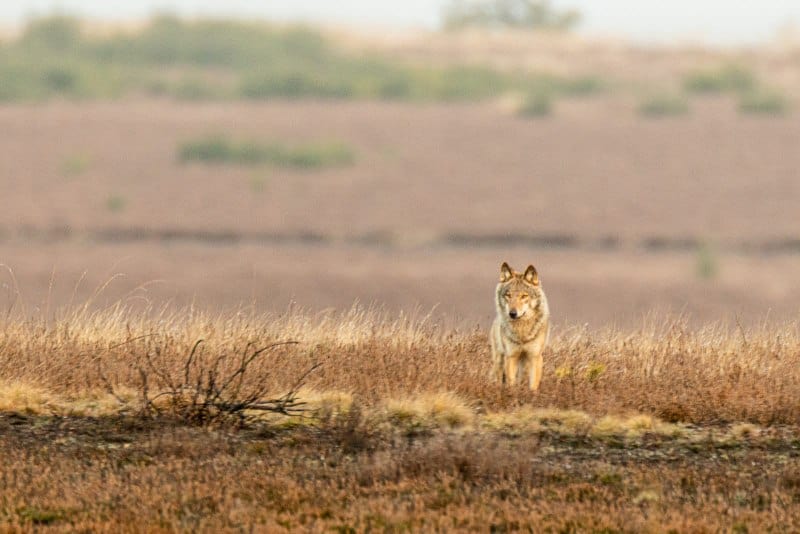Share:
Ecosystem restoration as a strategic response to Covid-19 and other zoonotic diseases

Zoonotic diseases – diseases that pass from an animal to a human – have gained international attention in recent years (UNEP, 2020). Globally, there is a growing concern about the zoonotic origins of many global pandemics. Increasing human-animal interactions are perceived as driving factors in the transfer of pathogens, underlining the close relationships between human, animal and environmental health.
Our current dominant market economic model tends to degrade ecosystems and their services, driving a cycle of degradation with impact on humans, animals and the planet. Environmental degradation contributes to reductions in the natural regulating capacities of ecosystem services to limit disease transfer from animals to humans. It also undermines natural resource availability and climate regulation.
Human activities driving this degrading cycle tend to convert beneficial ecosystem service into harmful processes, exacerbating risks related to zoonotic diseases. Conversely, measures to protect or restore ecosystems means investing in essential ecological functions and services, enhancing their capacities to provide greater human security and development opportunities.
Researchers of the Universities of the West of England and of Exeter used the Drivers-Pressures-State Change-Impact-Response (DPSIR) framework to explore three aspects of zoonotic diseases:
(1) the significance of disease regulation ecosystem services and their degradation in the emergence of Covid-19 and other zoonotic diseases, and of the protection of natural resources as mitigating contributions to both;
(2) regulating human-to-human disease transfer; and
(3) treatment of disease outbreaks.
From this analysis, they identified a set of appropriate response options, recognising the fundamental roles of ecosystems and the services they provide in risk management.
There is growing recognition internationally that Covid-19 is not an isolated incidence, but is part of a pattern of increasingly frequent epidemics that have coincided with globalisation, urbanisation and climate change. The need to respond to the Covid-19 pandemic creates an opportunity for systemic policy change, placing scientific knowledge of the value and services of ecosystems at the heart of societal concerns as a key foundation for a more secure future.
Rapid political responses and unprecedented economic stimuli reacting to the pandemic demonstrate that systemic change is achievable at scale and pace, and is also therefore transferrable to other existential, global-scale threats including climate change and the ‘biodiversity crisis’. This also highlights the need for concerted global action in these interrelated fields, and is in line with international treatments and associated duties, and ultimately the self-interests, of developed, donor nations.
Source: The role of ecosystems in mitigation and management of Covid-19 and other zoonoses, Environmental Science and Policy, May 2020






